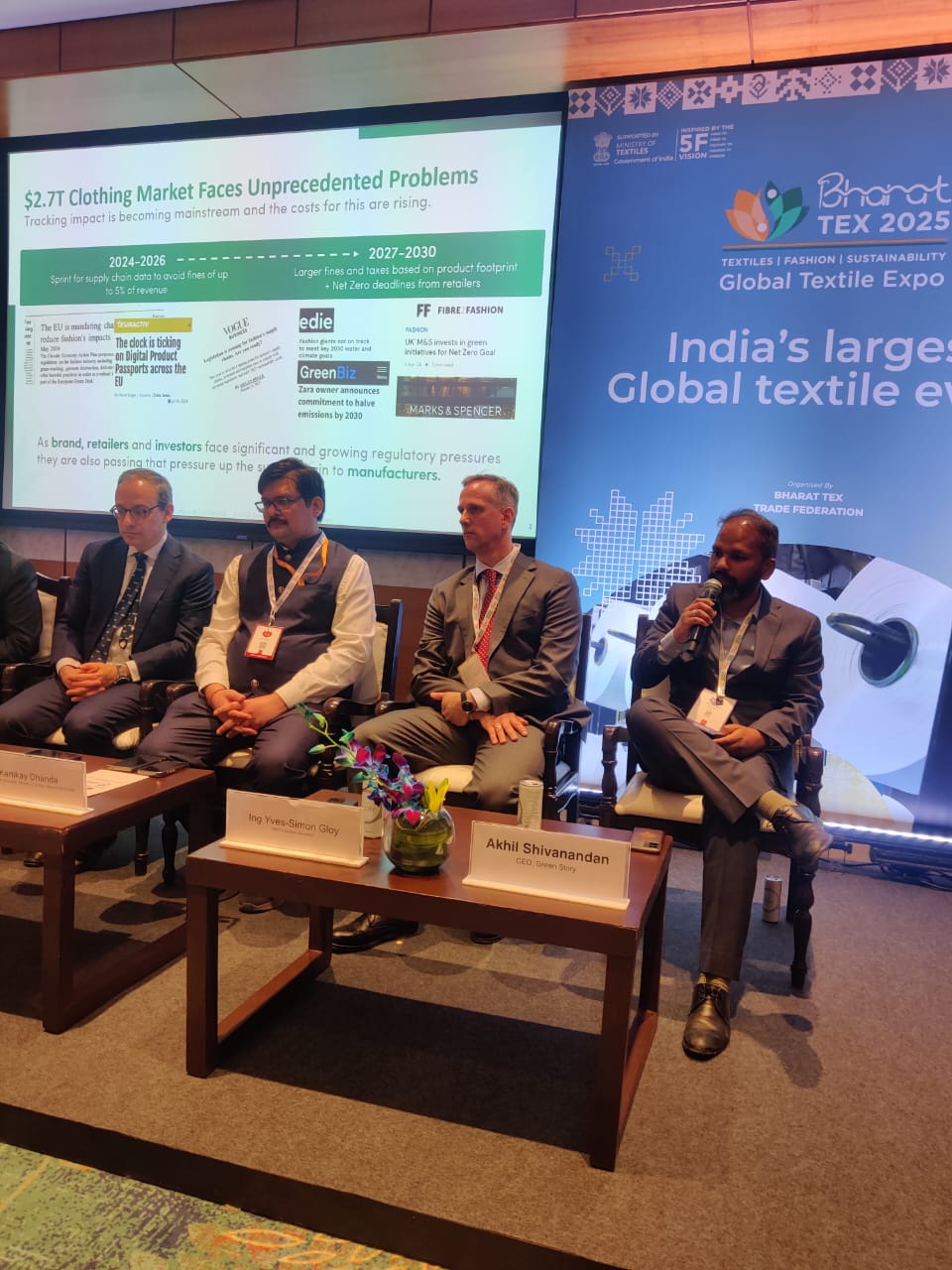
The manufacturing landscape is undergoing a data-driven transformation, driven by climate change and increasing demands for sustainability. Akhil Sivanandan, CEO & Co-Founder of Green Story, a leading company in this space, while speaking in a knowledge session, highlights the importance of data capture in manufacturing. He explains how automated facilities with data capture enable faster and more cost-effective life cycle assessments and carbon footprinting. Green Story has been pioneering this approach for over a decade, helping brands understand their environmental impact through precise data analytics.
Impending regulations, particularly in Europe, are accelerating this shift. The 2027 Carbon Border Adjustment Mechanism (CBAM) will require manufacturers to provide detailed process-level information. Sivanandan emphasizes that having the right data empowers informed supply chain decisions, preventing wasteful investments in ineffective initiatives.
With growing pressure on manufacturers from investors and consumers for accountability, data mastery is no longer optional. Sivanandan believes that by harnessing data, companies can not only meet regulatory requirements but also spearhead a sustainable future. In this evolving manufacturing era, effective data capture and analysis are essential for survival and success in the green revolution.
Green Story collaborates with over 200 global brands, specializing in Product Carbon Footprint (PCF) methodologies and life cycle assessments. The integration of smart facilities enables real-time data capture, crucial for both regulatory compliance and competitive marketing. Sivanandan envisions real-time life cycle assessments as game-changers, shifting from static assessments to dynamic, actionable insights.












